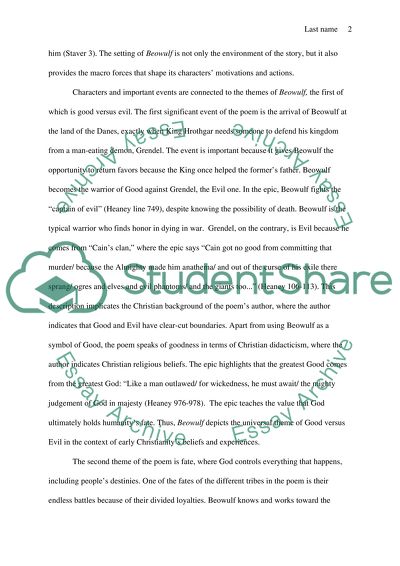Cite this document
(“Beowulf: Good versus Evil, Fate, and the Warrior Identity Essay”, n.d.)
Retrieved from https://studentshare.org/literature/1486142-beowulf-analyzing-essay
Retrieved from https://studentshare.org/literature/1486142-beowulf-analyzing-essay
(Beowulf: Good Versus Evil, Fate, and the Warrior Identity Essay)
https://studentshare.org/literature/1486142-beowulf-analyzing-essay.
https://studentshare.org/literature/1486142-beowulf-analyzing-essay.
“Beowulf: Good Versus Evil, Fate, and the Warrior Identity Essay”, n.d. https://studentshare.org/literature/1486142-beowulf-analyzing-essay.


